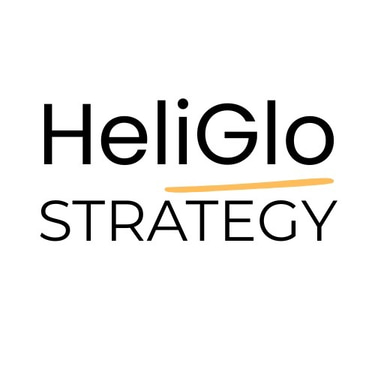Start Your Swiss Business: Real Costs in 2025
Explore the real 2025 costs of starting a business in Switzerland. Compare Sole Proprietorship vs GmbH, see registration fees, monthly expenses, and download your free Starter Kit.


1. Introduction: Why Knowing the Costs Matters
Starting a business in Switzerland sounds exciting – but hidden costs can catch you off guard. In this guide, we break down the real costs for the most popular business types so you can plan with confidence and avoid surprises.
2. Key Legal Structures
Switzerland offers two main options for small founders:
Sole Proprietorship (Einzelfirma): best for freelancers or solopreneurs.
GmbH (Limited Liability Company): more professional, good for teams or product-based businesses.
3. Setup Costs Breakdown
4. Monthly Costs Overview
5. Pros & Cons: Sole Proprietorship vs GmbH
6. Which Legal Structure Should You Choose?
Choosing between a Sole Proprietorship and a GmbH depends on your goals, budget, and the type of business you’re starting.
Sole Proprietorship (Einzelfirma) is ideal for freelancers, consultants, or service-based solo entrepreneurs. It’s easy to set up, requires no initial capital, and has minimal paperwork.
GmbH (Limited Liability Company) is better for founders who want to build a brand, limit personal liability, or work with clients that require formal contracts. It requires CHF 20,000 capital but offers more credibility.
Tip: Many founders start as sole proprietors and switch to GmbH later as their business grows.
7. Final Tips for 2025
Startup costs in Switzerland haven’t changed drastically – but there are hidden expenses to consider, such as legal translations, notary fees, or virtual office services. Planning ahead is essential.
That’s why we created the Swiss Starter Kit – a free guide with real cost breakdowns, checklists, templates, and business tools designed for expats and solo founders like you.
8. Hidden Costs to Keep in Mind
When planning your Swiss business, don’t forget the less visible expenses. These can easily add CHF 500–1,000 per year if you’re not careful:
Translations – official documents often need to be in German, French, or Italian.
Virtual Office or Address Fees – especially if you don’t live in Switzerland yet.
Liability Insurance – not always mandatory, but highly recommended.
Business Advisory or Legal Help – one-time consultation can range from CHF 200 to CHF 1,000+.
Always ask for quotes before committing and clarify if prices are VAT-inclusive.
9. Should You Hire a Service Provider?
Many non-residents or first-time founders in Switzerland choose to work with a company formation service. These providers handle paperwork, translations, notary bookings, and even offer virtual addresses.
Typical costs:
CHF 900–2,000 for full setup support (excluding government fees)
Monthly address/administration services from CHF 50–150
This route saves time but adds upfront cost.
Ready to take the first step?
Get your free Starter Kit and turn your idea into a real business in Switzerland.
What’s Included in the Free Starter Kit?
The Swiss Starter Kit includes everything you need to take the next step:
Real cost comparison tables (like those in this post)
Step-by-step checklist: from idea to registration
Fillable templates (offer form, contracts, invoices)
A simple Notion CRM to track suppliers, clients, and next actions
A sample business plan
Tips on Swiss tax and banking basics
It’s perfect for solo founders who want clarity and speed.
Starting a business in Switzerland is doable and rewarding — especially if you plan smart. Whether you’re a freelancer, coach, or startup founder, understanding the real costs in advance gives you a competitive edge.
“Start lean, stay smart, and upgrade structure as you grow.”
Contact us
hello@heliglo.com
© 2025 HeliGlo. All rights reserved.
+41782286471
We usually reply within 1-2 business days


